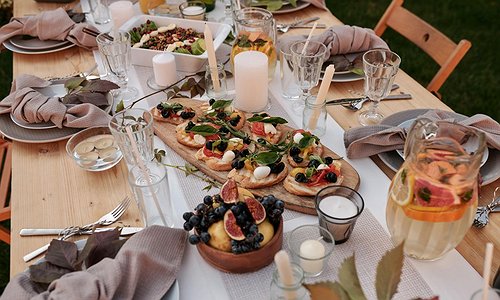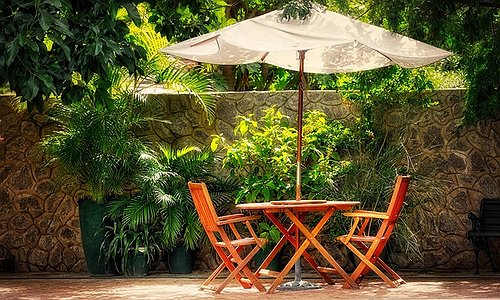What Karoo entrepreneurs can learn from Eve Palmer
At first encounter the Karoo may seem arid, desolate and unforgiving, but to those who know it, it is a land of secret beauty and infinite variety.
- Eve Palmer, The Plains of Camdeboo
She was a chronicler of the land, yes - but also of lineage and the complex bond between people and place. In her acclaimed 1966 book The Plains of Camdeboo, she wrote not just about her family’s farm, Cranemere, but about an entire way of life suspended between dust and sky, endurance and change.
Today, as Karoo entrepreneurs seek to find their place in rapidly evolving world of droughts and data, of heritage and innovation, Palmer’s work feels less like a historical artifact and more like a field guide to resilience.
She knew the land like a friend
Palmer did not merely observe the Karoo; she walked it, touched it, named it. She studied the wild olives and spekboom, the succulents that held water like secrets. She understood how the soil responded to rain, and how the rain responded to ancient cycles most of us have forgotten to notice. It’s a kind of knowledge that goes beyond biology. It’s the kind of knowing that says: if you are going to build something here, you must begin by understanding where you stand.
For entrepreneurs across the Karoo, farmers, winemakers, eco-tourism hosts, and artisans, this ethos is more urgent than ever. Sustainable business here doesn’t begin with branding or finance. It begins with paying attention. With asking: What can this land carry, and what must be left to rest?
The land was her story, and her story was the land
In The Plains of Camdeboo, Palmer weaves together botany and biography with a narrative thread so fine you hardly notice it at first. The book reads like an ecological memoir, where the veld is both setting and soul. She writes of her great-grandfather, the first to work this land; of jackals and droughts and the bone-deep silence that comes after a dust storm passes. The landscape is rendered not as backdrop, but as character. This is something modern Karoo businesses can take to heart: every product, every offering, holds within it a story - of soil, of family, of patience. And in an era where consumers crave meaning as much as material, these stories matter. The entrepreneur who knows how to tell their story, who weaves in the scent of wild rosemary or the history of the windmill still turning on the farm, offers more than a service: they offer a sense of place.
She saw preservation not as sentiment, but as vision
Palmer was not nostalgic. She understood that the Karoo was changing, and that its survival depended on a new kind of relationship with its people. She worried about overgrazing, about the vanishing species, about the human hand that, if not careful, could unmake what time had so carefully carved. Her answer was not withdrawal. It was reverence in action. She advocated for conservation, not as a romantic ideal, but as a practical, even necessary, foundation for long-term life on the land. Today, this vision finds new relevance. Regenerative farming, indigenous planting, water-wise design—these aren’t trends. They are echoes of Palmer’s belief that to survive in the Karoo is to work with the land, not against it.
And perhaps most importantly, she stayed
Palmer’s genius was not just in her words, but in her rootedness. She stayed at Cranemere. She wrote from the place she knew best. And in doing so, she reminded us that there is strength in stillness. That you don’t have to go far to find something worth building. That the world, even when it feels small, can be vast and full of meaning—if you know how to look.




